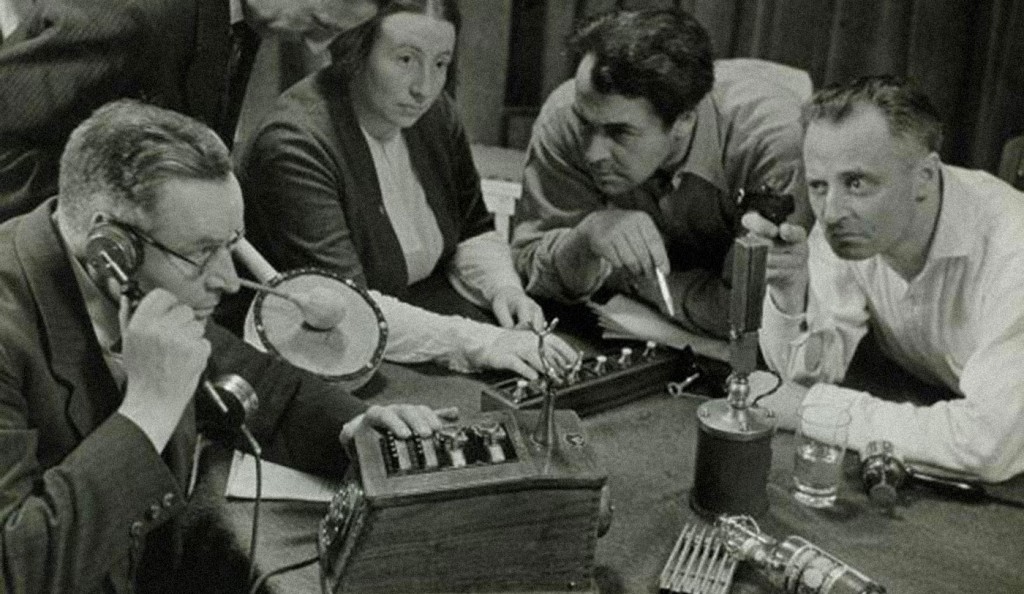Apple chief Tim Cook has made a thinly veiled attack on Facebook and Google for “gobbling up” users’ personal data.
In a speech, he said people should not have to “make trade-offs between privacy and security”.
While not naming Facebook and Google explicitly, he attacked companies that “built their businesses by lulling their customers into complacency”.
Rights activists Privacy International told the BBC it had some scepticism about Mr Cook’s comments.
“It is encouraging to see Apple making the claim that they collect less information on us than their competitors,” Privacy International’s technologist Dr Richard Tynan said.
“However, we have yet to see verifiable evidence of the implementation of these claims with regard to their hardware, firmware, software or online services.
“It is crucial that our devices do not betray us.”







Last Comments